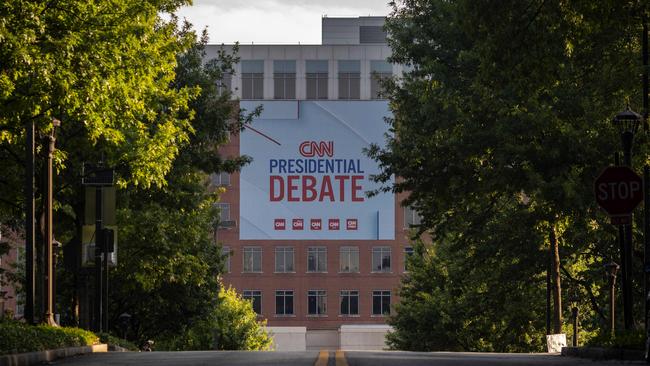
There has probably been no occasion in the modern era when the stakes of a presidential debate have been so high, the competition so close, or the candidates’ performances so unpredictable. The direction of the long campaign, its outcome and even the ultimate identity of one of the party’s candidates could hinge on this 90-minute encounter in Atlanta.
Do I exaggerate? Perhaps. We always tend to overstate the significance of debates. Since the Nixon-Kennedy debate just 64 years ago, you’d be hard-pressed to find a single encounter that genuinely changed the trajectory of an election campaign. Even when candidates have obviously stumbled, as when Gerald Ford had his garbled “no Soviet domination of Eastern Europe” moment in 1976, or when the ice-cold Michael Dukakis in 1988 gave his impersonation of an emotionless, speak-your-weight machine in answer to a question about the hypothetical rape and murder of his wife, the episodes have more often confirmed the direction the contest was heading rather than dramatically shifted its path.
But the timing of the impending head-to-head confrontation, the identity of the combatants, and the way it came together suggest possibilities more consequential than anything we have seen before.
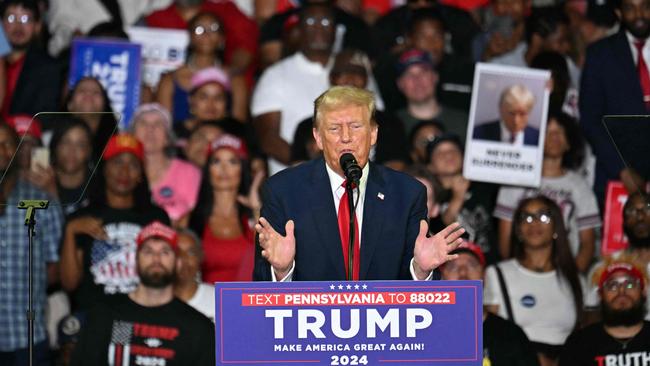
It is a testimony to the precariousness of his position that Joe Biden proposed the encounter in the first place. He has already managed to get away with jettisoning most of the traditional ways in which a president is held to answer to the public for his actions. He’s had fewer press conferences than any sitting chief executive in 40 years, given no interviews to serious interlocutors likely to challenge him and allowed sit-downs only with sympathetic news organisations. Some of his advisers thought he could get away with being the first president in more than 50 years to dispense with the live-debate format ahead of his bid for re-election.
But the state of the race has evidently gotten so alarming for Democrats that Mr. Biden and his handlers have clearly calculated that he must take a gamble — and spend 90 minutes on stage trying to defend his presidency before an electorate, more than 60% of which thinks it a failure, against a man those same voters think did a much better job in the White House.
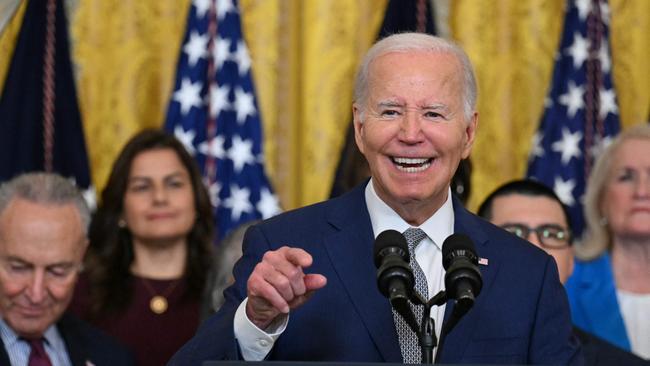
It’s a risk for any president, let alone one whose mental agility under pressure is much attenuated. Even incumbents years away from their dotage have fared badly in such situations — from the Ford moment to Ronald Reagan’s “Are you better off than you were four years ago?” laceration of Jimmy Carter in 1980, and George H.W. Bush’s apparent watch-checking to escape in 1992. Even incumbents who ultimately won re-election have stumbled — Reagan in his first encounter with Walter Mondale in 1984, Barack Obama with Mitt Romney in 2012.
The timing raises the stakes even higher for Mr. Biden. Scheduling the debate weeks before he is formally renominated at the Democratic National Convention leaves a very long period for his people to lean on him to step aside — even if the recent decision by the party to nominate him formally a month before the convention may be designed to head that off.
Against all that, Mr. Biden holds some advantages. The choice of host and moderators was surely designed to limit the downside for the president. In the past eight years CNN has become a leading combatant in the resistance movement against Donald Trump. That it is two of their leading members of Mr. Biden’s Praetorian press guard doing the “moderating” is unpromising for those looking for journalistic neutrality. It’s a little like having a partisan Democratic district attorney prosecuting a Republican candidate in a Democrat-friendly city before a complaisant judge. Imagine that if you can.
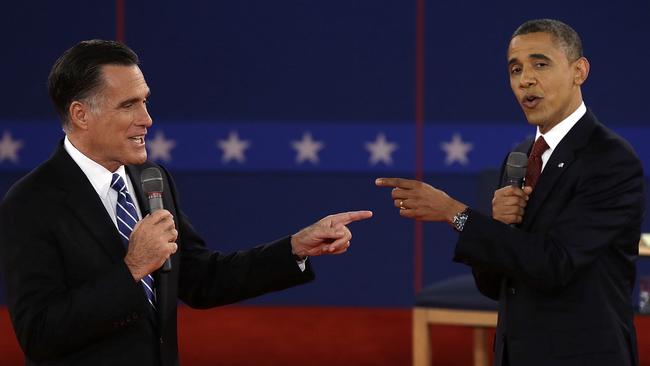
Mr Biden’s team can probably also expect that if the going gets tough for him, the CNN duo will perform an intervention to save him, as their former colleague Candy Crowley did in 2012 when President Obama needed help against Mr. Romney: In fact, Mr. Trump, sir, inflation really was at 9% when Mr. Biden took office.
What’s more, expectations have been lowered to such a level that Mr. Biden may need only to stay alive, or at least awake, for the whole 90-minute broadcast to exceed them.
The rules may have been designed to further cushion Mr. Biden, but these could backfire. Silencing the microphones when the other candidate is speaking presumably won’t deter Mr. Trump from continuing to speak over Mr. Biden during his answers. We the audience won’t hear his needling, but Mr. Biden may feel the urge to reply. In responding to something the audience can’t hear, the president may only look even more confused.
Above all, the debate can provide an opportunity for Mr. Trump to do the two things that will earn him victory in November: stay sane, and stick to Mr. Biden’s record in office, contrasted with his own. If Mr. Trump can resist the temptation to make the entire event about his wounded ego, he has a golden opportunity.
The Wall St Journal


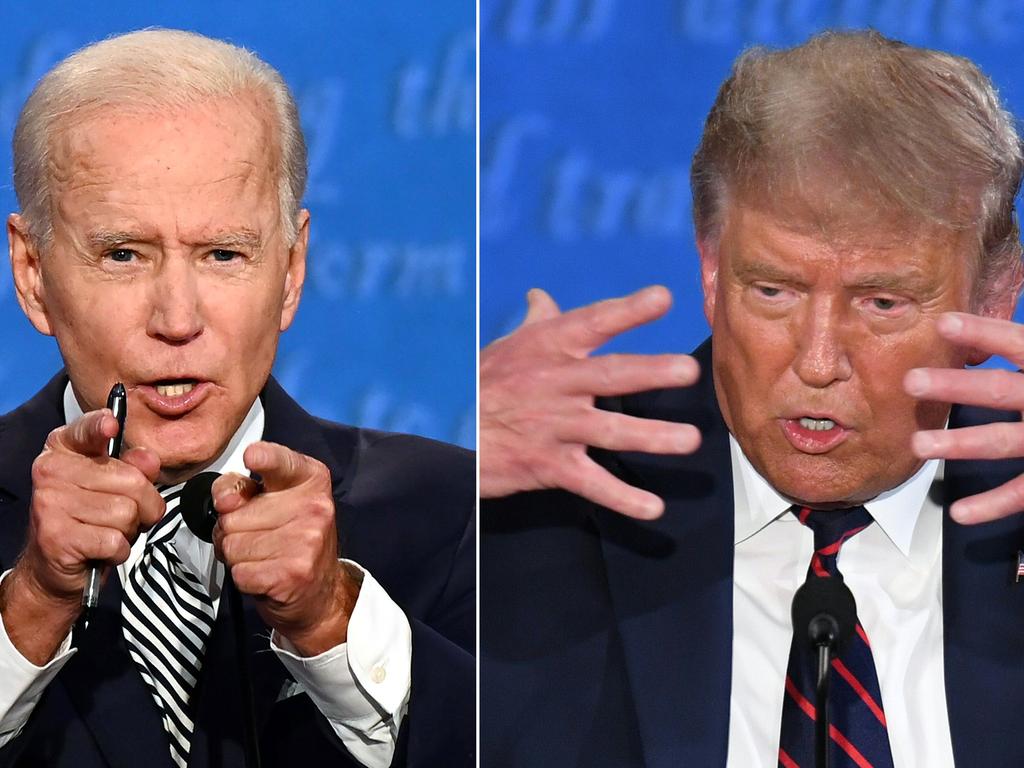
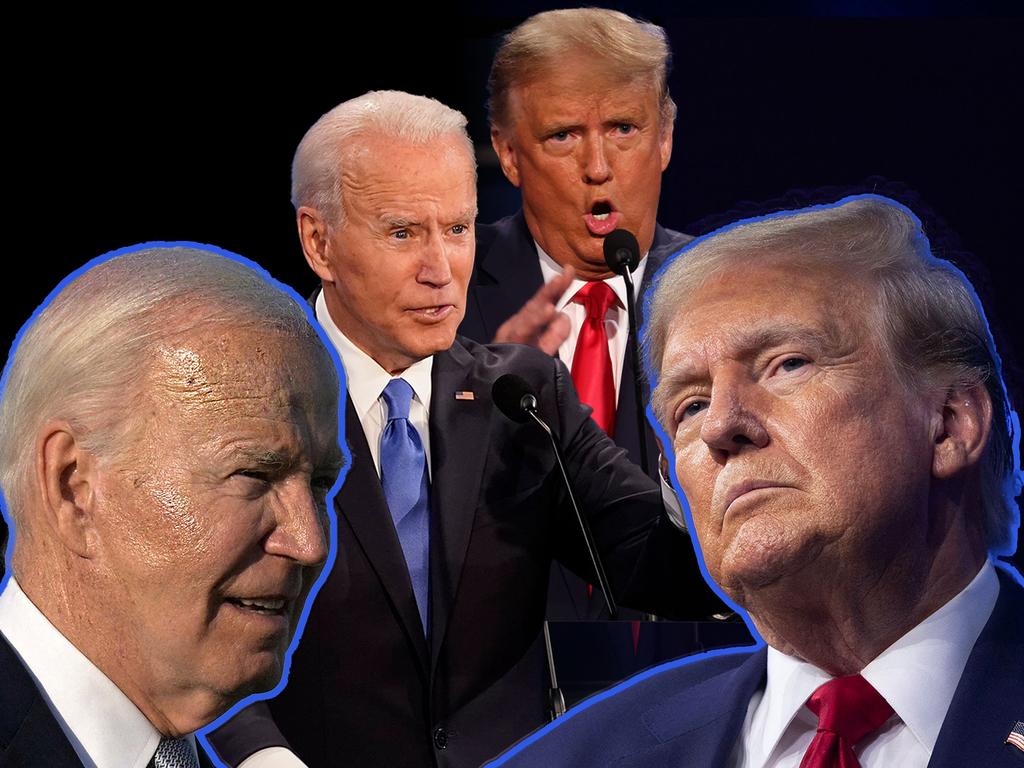


In an age when we have become inured to the drama in presidential politics, there is still something about this week’s debate that sets the pulse racing.